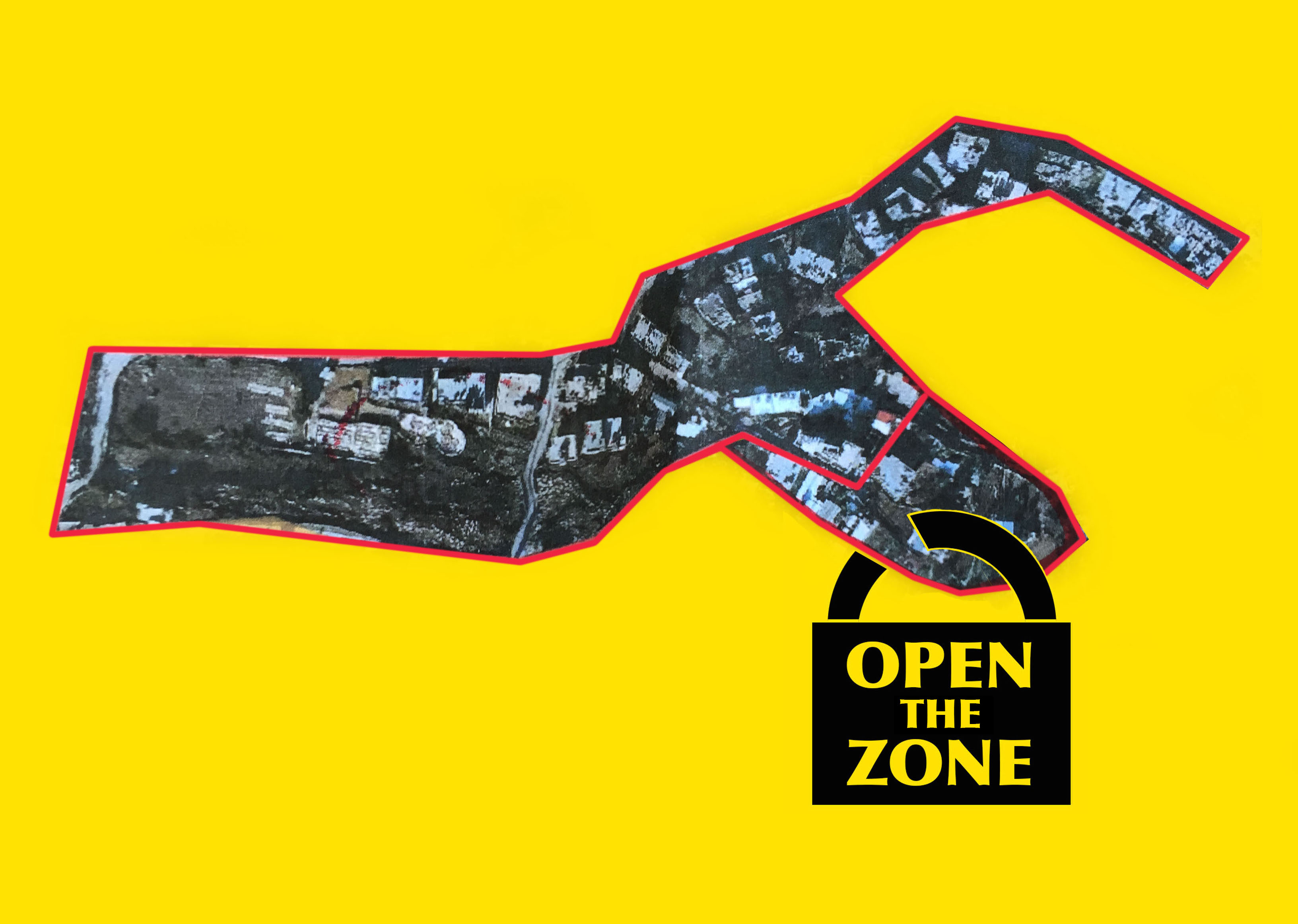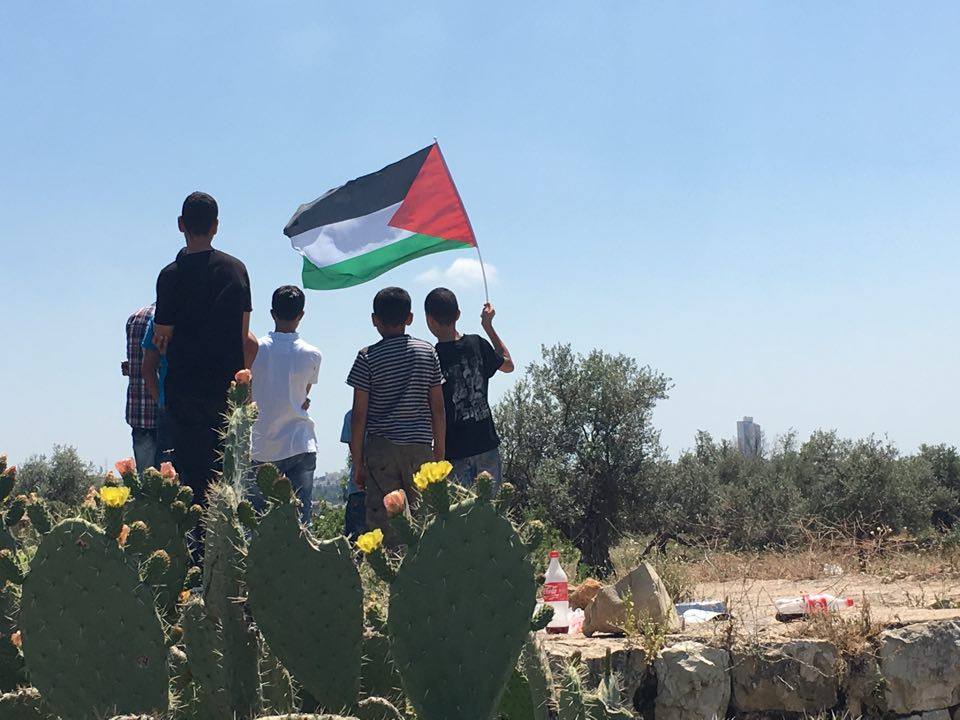Tag: Settlement
-
Open The Zone: personal accounts
Saturday, May 28th (Mufeed Sharabati) Mufeed Sharabati, 50-years, Shuahda Street resident compares living in the closed military zone (CMZ) with prison – just worse: “Life here is even worse than being in jail. A prisoner knows when his sentence is over. A prisoner knows when he can have visits. No-one knows that here. We are…
-
Open The Zone: Palestinians are people – not numbers
3rd May 2016 | Open The Zone Campaign: International Solidarity Movement & Youth Against Settlements | Hebron, occupied Palestine *******UPDATE 20th May 2016******* The closed military zone order has officially been ‘lifted’ – many restrictions and discrimination remain. ******* 3rd May is number 186 of the closed military zone in Tel Rumeida and Shuhada Street.…
-
Israeli forces attack weekly protests in the West Bank
2nd May 2016 | International Solidarity Movement, al-Khalil team | Deir Istiya, Kafr Qaddum, Ni’lin; occupied Palestine Last week, as every week, Israeli forces attacked demonstrations in the West Bank against the illegal Israeli land-theft, the apartheid-wall and illegal Israeli settlements. In Deir Istiya, near Nablus in northern occupied West Bank, farmers continued their protest…


